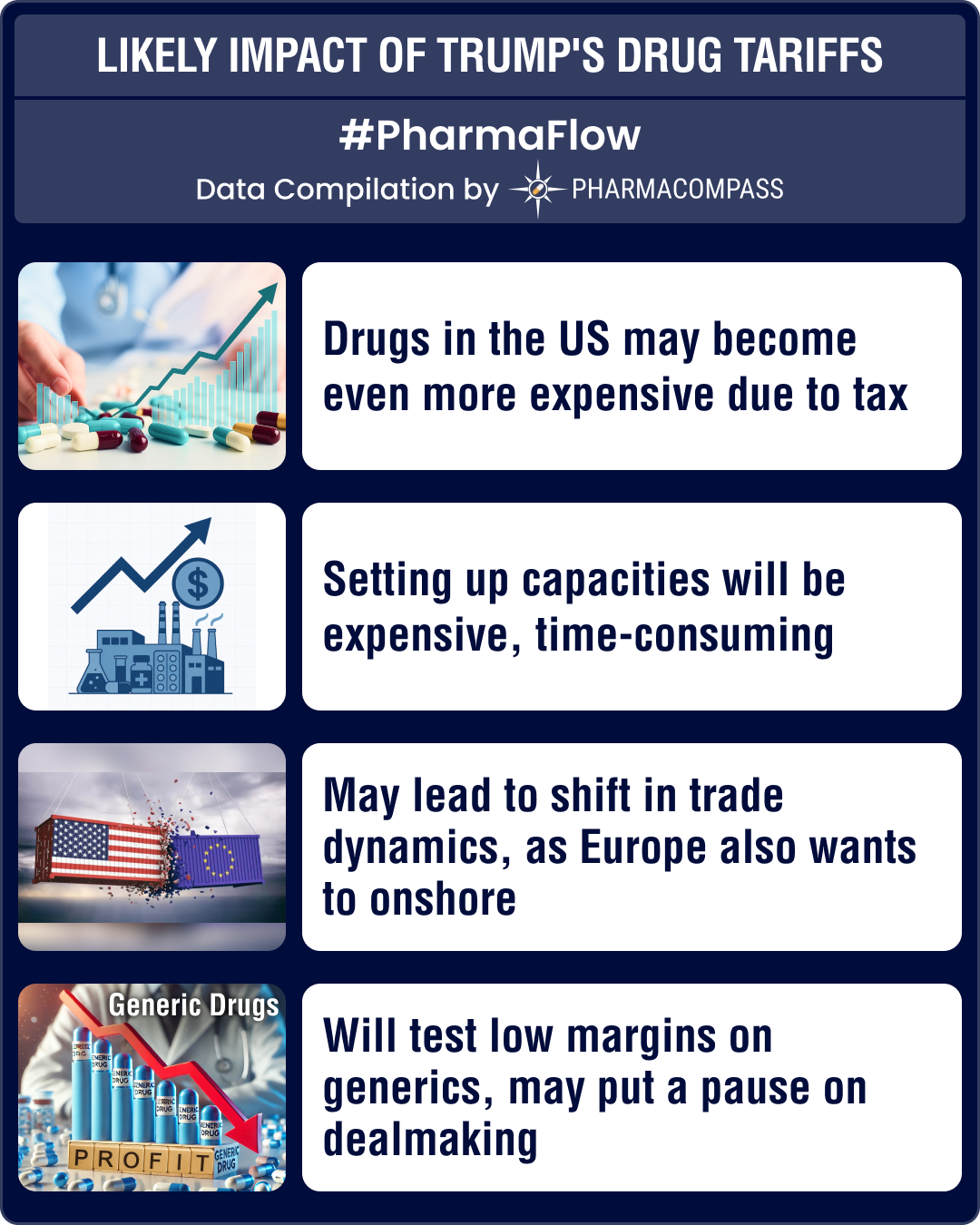
This week, Phispers ferrets out global pharma news to bring you the latest on a drug for bipolar disorder, news about two Indian drug makers being put on import alert for refusing an FDA inspection and how GSK’s supply snags in Italy are hurting Denmark
Former hedge fund manager who paid an FDA official for tipoffs found dead
Last week, a hedge fund manager – Sanjay Valvani (44) – was indicted for allegedly paying a former US FDA official for inside information on product approvals. On June 20, he was reportedly found dead.
According to a news report, Valvani was found by his wife at his Brooklyn, New York, home with a neck wound. A suicide note and a knife were also recovered from his home.
Valvani had worked at Visium Asset Management. During 2005 to 2011, he had allegedly paid a monthly sum to Gordon Johnston, who once worked as a deputy director of the FDA’s Office of Generic Drugs, for tips.
Indian pharma majors among 200 under scrutiny for quality of drugs sold
For the first time in India, the Drug Controller General of India (DCGI) has launched inspections against 200 drug makers, including pharmaceutical biggies like Cipla and Pfizer, for allegedly selling poor quality medicines and for not complying with manufacturing norms.
An official of the DCGI told a newspaper that the regulator has already inspected 36 drug manufacturing plants over the last three months.
In the second phase, the DCGI will inspect 20 more facilities. Notices have also been sent to Cipla and Pfizer informing them of the impending inspection and the violations found in their products. Cipla maintained it has not received any intimation so far, while Pfizer did not comment.
Phalanx Labs and Cheryl Labs refuse FDA inspection, put on the Red List
The US Food and Drug Administration (FDA) banned two Indian drug manufacturers – Cheryl Laboratories and Phalanx Labs – from shipping products to the US after both the firms refused to allow FDA teams to visit their manufacturing sites for an inspection.
Both the firms were put on FDA’s import alert list, also known as the Red List. According to the FDA policy: “The refusal to permit inspection of a foreign facility or provide reasonable access to FDA’s inspectional personnel, combined with other evidence, provides an appearance that the firm’s products are manufactured, processed, or packed under insanitary conditions.”
Cheryl Laboratories stopped FDA inspectors from visiting its facility in Navi Mumbai, while Phalanx did not let inspectors visit their site in Visakhapatnam.
Cheryl makes creams, ointments, liquid pharmaceutical, antiseptic products and gels from its Navi Mumbai facility. Phalanx’s Vizag facility produces 15 active pharmaceutical ingredients (API) – including erectile dysfunction drugs, ulcer medications and anticoagulants – and chemical intermediaries.
Eli Lilly loses patent infringement case in China
Last week, China’s apex court rejected the appeal of US pharmaceutical company Eli Lilly against Jiangsu-based Changzhou Watson Pharmaceutical in a long-standing patent infringement case.
Eli Lilly and Changzhou Watson have been involved in patent infringement disputes for over a decade over Changzhou Watson’s production of olanzapine, an anti-psychotic drug.
The court also overturned a previous ruling on patent infringement in favor of Eli Lilly, that had ordered Changzhou Watson to pay Eli Lilly millions in compensation. The investigators concluded that “the alleged infringement does not fall into the scope of patent protection in the case.”
This is the first time that the apex court in China has designated technical investigators in a lawsuit to help clarify the technical details of the case.
Using old compounds to create new drug for bipolar disorder
Back in 2010, a group at the University of Oxford was looking for ways to treat bipolar disorder by using lithium. Though the drug is known to work well in bipolar disorder, it also has side effects.
Therefore, the group – headed by a young physicians called Grant Churchill – asked a physician Justyn Thomas to screen all 450 compounds in the US National Institutes of Health (NIH) Clinical Collection, a library of drugs that had passed safety tests in humans but, for various reasons, had never reached the market.
Thomas experimented with these compounds. What took birth was a drug called ebselen, which showed the same benefits as lithium. Churchill’s group did a small trial and found that ebselen could be used safely in healthy volunteers.
The University of Oxford has now teamed up with a pharmaceutical company to run clinical trials of ebselen for bipolar disorder.
Former CEO of Warner Chilcott acquitted in kickback case
Last week, the US federal court jury acquitted W. Carl Reichel – a former Warner Chilcott executive – of paying bribes to doctors to lure them to boost prescriptions.
The decision is being seen as a setback for the US government which has initiated a new effort to hold high-ranking executives at pharma and other companies accountable for such activities.
Federal prosecutors charged Reichel with crafting a strategy to give doctors money, free meals, and phony speaking fees in exchange for writing prescriptions of Warner-Chilcott drugs between 2009 and 2012.
He was also charged with providing sales representatives with unlimited expense accounts in order to wine and dine with doctors.
GSK’s supply snag in Italy creates drug shortage in Denmark
GlaxoSmithKline had temporarily suspended manufacturing at its Parma site in Italy that manufactures sterile products, to investigate environmental monitoring.
This has led to shortages of commonly used opioid anesthetic in Denmark. The factory has now recommenced manufacturing. However, a small number of countries have experienced shortages of certain products since April.
In Denmark, doctors said they were also running out of the anesthetic Ultiva, which is preferred by patients since they wake up quickly after surgery.
The Parma factory also manufactures GSK’s new injectable drug Nucala for severe asthma and Benlysta for lupus. However, these were reportedly not in short supply.
Zydus buys two ANDAs from Teva; Cipla heads to Russia
India’s Zydus Cadila has strengthened its US portfolio by acquiring two abbreviated new drug applications (ANDAs) from Israel's Teva. The divestiture by Teva is in line with a precondition to its acquisition of Allergan’s generic business.
The ANDAs have been acquired by Zydus Cadila’s 100 percent subsidiary Zydus Worldwide DMCC and the transaction will be financed through the group's internal accruals. The estimated market size of the two ANDAs is around US $ 200 million.
Meanwhile, another Indian company – Cipla – has entered into an alliance with Russia’s National Immunobiological Company (Nacimbio) for innovative antiviral medical products for HIV and hepatitis C treatment and technology transfer and API manufacturing. As a part of this agreement, Nacimbio, along with Cipla, will set up a manufacturing facility in Russia for antiretroviral drugs.
The PharmaCompass Newsletter – Sign Up, Stay Ahead
Feedback, help us to improve. Click here
Image Credit : Listen by Ky is licensed under CC BY 2.0
“ The article is based on the information available in public and which the author believes to be true. The author is not disseminating any information, which the author believes or knows, is confidential or in conflict with the privacy of any person. The views expressed or information supplied through this article is mere opinion and observation of the author. The author does not intend to defame, insult or, cause loss or damage to anyone, in any manner, through this article.”






